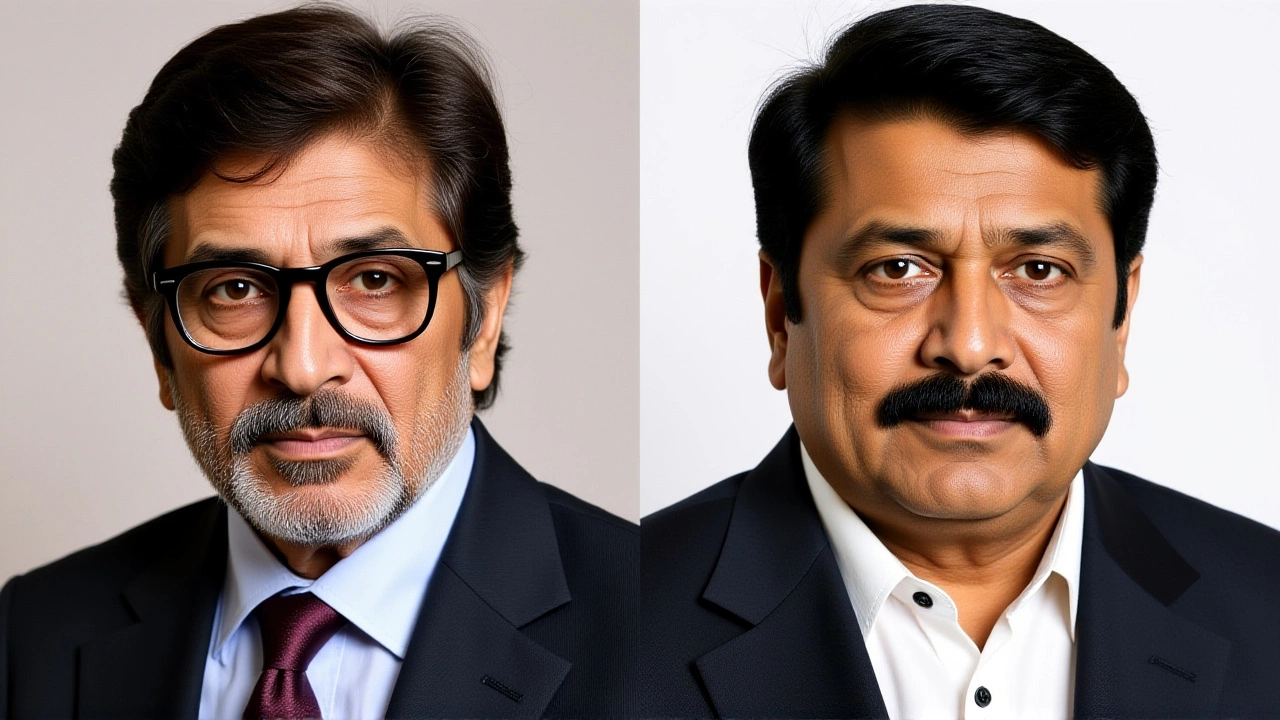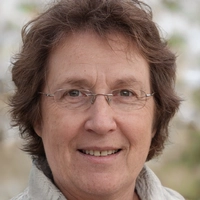When Isha Koppikar, actress and long‑time advocate for gender equality, took the stage during the Dussehra celebration in Mumbai, she didn’t just talk about mythic triumphs – she declared, “I had to be my own Durga.” The declaration resonated because it linked personal resolve to a festival that marks the victory of good over evil, and it set up a nine‑point framework aimed at women's empowerment across India.
Historical Context: From Goddess to Ground‑Level Warrior
The worship of Durga during Navratri and Dusseha has long symbolised feminine power confronting darkness. Yet, scholars such as Dr. Meera Chandrasekhar of Delhi University note that the lived experience of Indian women often lags far behind the mythic ideal. "Durga’s image is celebrated in temples, but women’s rights in the home and workplace remain a work in progress," she says.
Koppikar, whose career spans Bollywood hits like ‘Don’ and regional Marathi cinema, grew up hearing stories of four generations of resilient women in her family – a grandmother who survived the Emergency, a mother who broke into a male‑dominated acting world, and now her own daughter, Rianna Koppikar, daughter. "Each of us inherited a piece of that warrior spirit," Koppikar said, echoing the broader cultural narrative that bridges deity and domestic heroine.
Koppikar’s Nine‑Point Vision for Change
During the festival, the actress outlined a concise, actionable plan. The points were delivered in rapid succession, each tied to a concrete behavior change:
- Break the silence: When a woman speaks up, listen. If you stay silent, you become part of the problem.
- Teach equality at home: Parents must model respect; children learn what’s normal.
- Celebrate self‑worth: Stop seeking external validation; own your achievements.
- Be a ‘girl’s girl’: Support, don’t sabotage – shift the competitive narrative.
- Mentor the next generation: Offer guidance to younger women, especially in schools.
- Champion safety in public spaces: Speak out against harassment without fear.
- Promote financial independence: Encourage women to diversify income streams.
- Amplify women’s voices in media: Demand balanced representation in films and news.
- Hold institutions accountable: Push for transparent policies on gender parity.
The framework blends personal discipline with systemic pressure, reflecting her belief that “real transformation starts under the same roof where we learn to speak.”
Responses from the Community and Experts
The message sparked a wave of social media reactions. Actress and activist Deepika Padukone, who has launched her own gender‑equality campaign, tweeted, “Durga lives in every woman who refuses to be silenced. Thank you, Isha, for reminding us.”
On the ground, women’s groups in Maharashtra organized flash‑mobs in local markets, chanting “Be the goddess, not just the worshipper.” Meanwhile, a panel at the Indian Women’s Forum 2025Bangalore cited Koppikar’s nine‑point list as a “practical blueprint” for community outreach programs.

Broader Implications for Gender Equality in India
Statistically, India has made strides – the World Bank reports a 22 % increase in female labour force participation from 2010 to 2023 – but gaps remain. According to a 2024 UN Women survey, 64 % of Indian women still experience workplace discrimination, and 46 % report limited freedom of movement after dark.
Koppikar’s call to "be your own Durga" aligns with policy shifts like the 2024 amendment to the Women’s Protection Act, which imposes stricter penalties for domestic abuse. Critics argue, however, that legislation alone won’t change deep‑rooted cultural attitudes. Sociologist Arjun Patel of Tata Institute of Social Sciences notes, “When celebrities link mythic imagery to everyday behavior, they create a cultural bridge that law can’t build alone.”
Looking Ahead: What Comes Next?
In the weeks following Dussehra, Koppikar plans to host a series of workshops called "Durga Dialogues" across five Indian cities, beginning in Kolkata on November 12. The sessions will feature legal experts, mental‑health professionals, and fellow actresses who have faced industry sexism.
She also hinted at a potential documentary exploring the lives of four generations of women in her family, aiming to turn personal narrative into a visual case study for schools.
Whether the initiative galvanizes lasting change will depend on how quickly grassroots organizations can translate the nine‑point manifesto into measurable action. One thing is clear: the conversation has moved from the temple altar to living rooms, offices, and cafés across the nation.
Key Facts
- Speaker: Isha Koppikar, Bollywood actress and gender‑rights advocate.
- Event: Dussehra celebration, 13 Oct 2025, Mumbai.
- Central Theme: "Be your own Durga" – a call for personal and collective women’s empowerment.
- Outcome: Introduction of a nine‑point empowerment framework and upcoming "Durga Dialogues" workshop series.
- Impact: Sparked social media campaigns, flash‑mob movements, and discussion at the Indian Women’s Forum 2025.

Frequently Asked Questions
How does Isha Koppikar’s message affect young women in India?
By linking the mythic figure of Durga to everyday actions, Koppikar gives young women a relatable role model. Her nine‑point plan encourages them to speak up, seek education, and support each other, which can boost confidence and reduce the sense of isolation many girls feel in patriarchal settings.
What are the main components of the nine‑point empowerment framework?
The framework covers breaking silence, teaching equality at home, celebrating self‑worth, fostering sisterhood, mentoring youth, ensuring safety in public spaces, promoting financial independence, improving media representation, and demanding institutional accountability.
Who else has supported Koppikar’s initiatives?
Bollywood peers like Deepika Padukone and Priyanka Chopra, as well as NGOs such as Breakthrough India and the Indian Women’s Forum, have publicly endorsed her message and offered to collaborate on workshops and awareness campaigns.
What timeline should we expect for the "Durga Dialogues" workshops?
The first session launches in Kolkata on 12 Nov 2025, followed by stops in Delhi, Bengaluru, Hyderabad, and Chennai throughout December. Each city will host two‑day events featuring panels, skill‑building labs, and community networking.
Will there be measurable outcomes from Koppikar’s campaign?
Organizers aim to track attendance, participant surveys, and follow‑up community projects. Early indicators, such as increased enrollment in local women’s self‑defence classes, will be reported publicly by March 2026.

